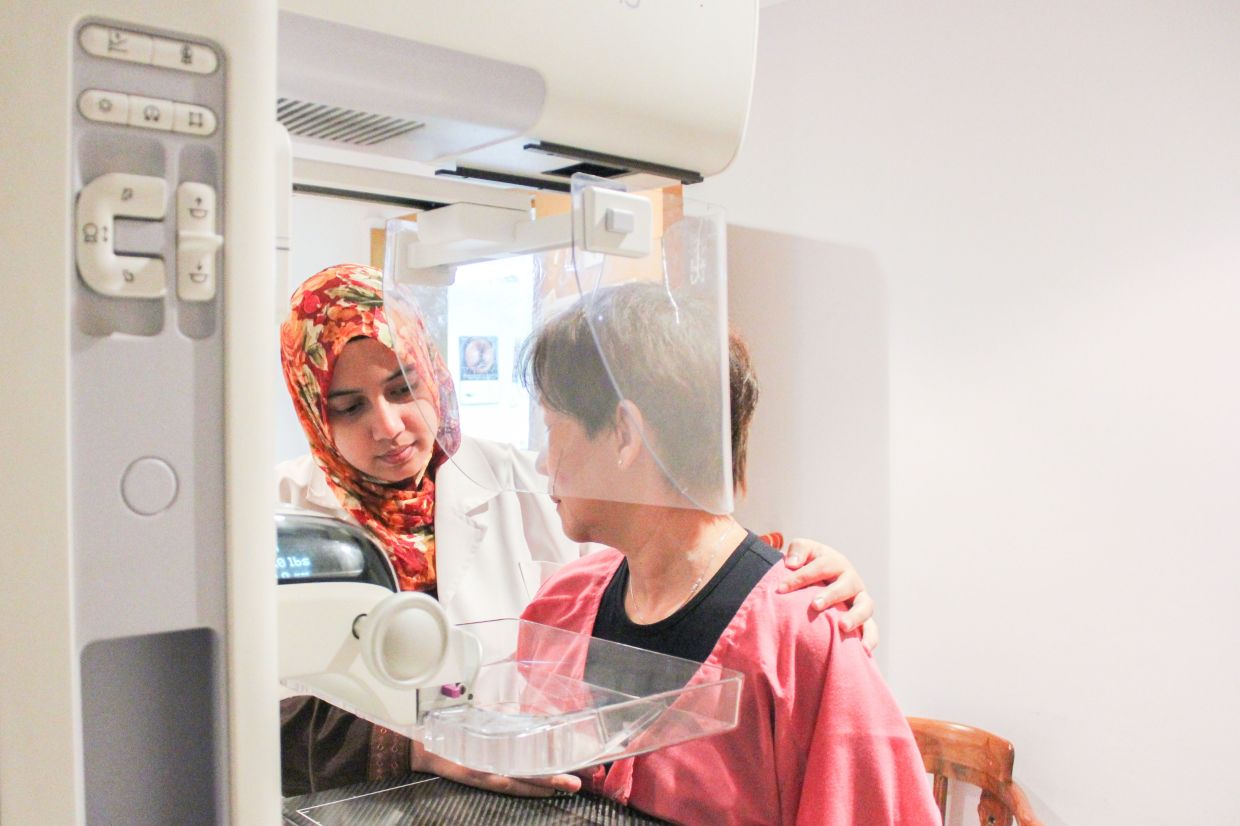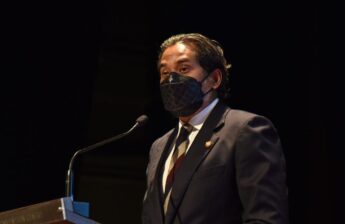Within the first two months of 2022, Health Minister Khairy Jamaluddin had two pieces of good news for contract doctors.
First, contract doctors can now pursue specialist training under the Hadiah Latihan Persekutuan (HLP) sponsorship, and second, more than 4,000 permanent positions will be offered to medical doctors, dental officers, and pharmacy officers who are on contract with the Ministry of Health.
This is good news indeed for junior doctors that have been struggling under the contract system, and an encouraging sign for the development of the contract system, which has been highlighted by various parties, including junior doctors themselves, through the Hartal Doktor Kontrak movement.
The willingness and determination of the government to solve the contract doctor issue must be lauded. However, much remains to be done to address challenges faced by other allied health care workers (HCWs) such as nurses, psychotherapists, and medical assistants.
All HCWs are an integral part of the nation’s health care system; and their needs and voices should be heard by the government.
The HCWs issue is especially important for the non-communicable disease (NCD) landscape in Malaysia, where HCWs play a key role. NCDs are chronic diseases, where patients live with the disease for many decades.
Managing these patients is not a one-off episode, but requires long-term monitoring and care, not only for the patients (and family members) involved, but also health care workers who journey with the patient.
Management of NCDs require complex, long-term care, and many different types of health care workers are needed in order to ensure that care is provided in a comprehensive and holistic manner.
This includes not only doctors, but also other allied health workers such as nurses, medical assistants, and physiotherapists. It is this multifaceted team that is able to provide the best outcomes for NCD patients. Hence, there is a need to take care of the welfare of doctors and other HCWs.
In The NCD and the Healthcare Worker report, it was found that 78 per cent of HCWs mentioned that there is a shortage of specialised allied health care workers within their settings.
Specialised allied HCWs include psychologists, dietitians, and diabetic educators, who have specific skill sets, enabling them to care for NCD patients.
For example, Malaysia only has 300 clinical psychologists spread out across both the public and private sector. The number of trained dietitians also are inadequate for the large number of almost all NCD patients who need their specialised services.
Due to these shortages, other HCWs have to assume these roles and perform tasks that they are not trained to do, while still carrying out their own duties.
There are two problems with this. First, these HCWs lack the specialised skills to carry out such duties, and while they do perform them to the best of their ability, this is still a gap in providing quality care.
Second, by taking on these additional roles and tasks, these HCWs are unable to provide the services for which they are trained for, to the best of their ability. This also ends up with a quality gap in terms of providing meaningful care.
Here is a simple example. Medical officers working in specialist clinics not only have to assess and manage patients, but also provide them with mental health counselling, financial counselling, and even dietary advice in the space of a few minutes.
Though the medical officers are performing to the best of their capacity, there are concerns on whether they have managed to deliver the best clinical care that they can, and whether they have the necessary skill sets and training to deliver additional care interventions that actually need the skills of specialised allied HCWs.
As one participant surveyed from the report said: “It’s more than being a doctor: I am also the welfare officer, I am also the nurse, the specialist nurse, I need [to handle an equipment], I am also the special radiographer, and the runner, to get the scans myself.”
The reality is that there are not enough jobs for allied HCWs in the public sector, especially for those who are specialised. The report found that most allied HCWs with specialised skills are overworked and under-remunerated, especially as many of them do not havea pay grade that is equivalent to their specialised training.
This will prompt many of them to move overseas, once they have acquired specialised skill sets. One interviewee reported: “Nurses can earn a salary of RM3,000 to RM4,000 averagely, while they can earn triple or more the amount of money overseas the moment they have finished their advanced nursing training in emergency medicine or intensive care.”
The report also found that allied HCWs also face challenges in terms of career progression. Those with specialised skills, especially in managing NCDs were not able to get promotions or move up to senior grades within their clinical skill sets.
Instead, they had to go into administrative positions where they could no longer use their specialised skills. This is due to a lack of clinical-based career advancement pathways within the current system.
Interestingly, the situation within the private sector has beenfound to be equally challenging, with allied HCWs being remunerated more, but having a far greater workload, which include more generalised tasks not utilising their specialised skills.
A upper-management HCW commented: “I have a highly trained matron. She has worked with me as a staff nurse, then she went [and became] matron [rank]…but she loves primary care. She wants to stay in primary care, she wants to do clinical primary care. She does not want to do administrative work.”
We often mistake specialist care for NCDs as being limited to medical specialists and consultants. This is not true.
Nurses, diabetic educators, dietitians, psychologists, and others are among the allied HCWs who are essential to health care systems, because they have unique specialised skill sets which are essential for the long-term care of NCD patients.
The report finds that at present, the health care system has no space to foster the advancement and sustainable growth of specialised allied HCWs.
Allied HCWs get the specialised training they need to be able to care for NCD patients, but subsequently lose the ability to deliver care meaningfully, because they are not getting paid for it, or are moved to other administrative tasks.
Worse, many will move overseas where they are compensated for having specialised skill sets.
While the government has taken an excellent first step for the betterment of junior doctors, effort should also be taken to address challenges faced by allied HCWs.
The lack of specialised allied HCWs has a profound effect on health care systems, and ultimately, on the quality of patient care. This in turn affects NCD care as a whole.
Constructive support for fostering, supporting, and sustaining allied HCWs is important to ensure the provision of holistic care for all patients.
The NCD and the Healthcare Worker report is available here.
A summary of the report can be found here.
NCD Malaysia can be found on Facebook and LinkedIn.








